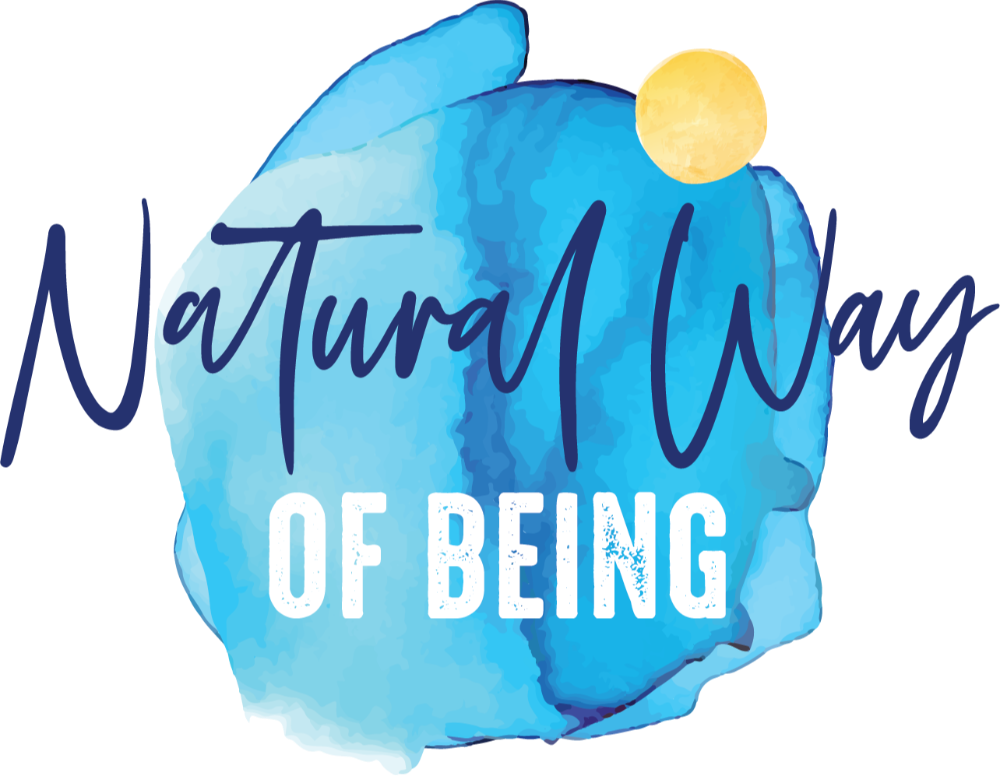What were you expecting?
Oct 21, 2022Video Summary:
I want to start with a story that happened many times in my work with my teacher. I would be voicing a complaint to my teacher about how someone that I was relating to was not reliable, responsible, or whatever else. totally listen, get this big smile, and say, “Well, what were you expecting?”
It was a nice way of saying, “Well, duh, of course, that's what they did.” And at the time it didn't seem very compassionate, but he was trying to help me shift something so I wasn't putting myself in these situations or karmic patterns over and over again.
And he gave another example referring to Charlie Brown cartoons when Lucy would hold the football for Charlie Brown to kick it and would pull it away at the last second and he would fly head over heels. He'd say, "Mike, you're doing the Charlie Brown football thing again, aren't you?"
So then the question is, Why does this happen? Why do we keep going back for the Charlie Brown football experience? You've probably heard the definition of insanity as doing the same thing and expecting different results or a different outcome.
And what I've come up with over the years is it almost always involves some form of us needing someone or something to be something that they're not. It’s expecting someone to do something that they're not really interested in doing. Something that’s not in their nature.
That doesn't mean that they can't change their nature. But then I would ask, “Are they truly interested in changing, or is it merely a change that you want them to make? And, are they actually taking realistic steps to make the change? Usually, the answer is no. I don't think I've ever had someone change at exactly the right moment that I needed them to change. But it could happen.
So then the next level of this would be, “Why am I needing them to be something that they're not?” It’s often about what I call necessary loss. This usually gets back to a parent figure, so for example, say it's my mother. The issue might be. “My own mother couldn't love me the way I needed her when I was a little boy,
And so that is a loss and a painful wound, you could say. And because kids are developmentally narcissistic, “I think there's something wrong with me, because my own mother can't love me. If my own mother couldn't love me when I'm six years old and eight years, that’s a huge loss.
So what we tend to do to remedy this is to unconsciously get a new person that isn't able to love me to love me. I did this a time or two in my twenties. I'd get a girlfriend that had some of the same qualities that my mom had and I would try to get her to be something that she's not.
If I could get someone who was not able to love me at a deep level, and t I could get her to love, it might heal the loss that my own mother could love me. But even if she was able to, it doesn't resolve the issue because it doesn't undo the wound of my own mother not loving me.
The only thing that does undo that wound is going back and feeling it, which is painful. It's very sad that my own mother didn't love me the way I needed her to. And it gets into abandonment issues and betrayal and the nitty gritty parts of therapy. There have been many people that blew out of therapy when it got time to do this type of work.
But if this resonates with you, I would encourage you to consider it, and do some healing work around it. The upside is, is that you lose the need for people to be other than who they are. You get to trust people to be who they are. it helps us break our karmic patterns and we're no longer doing the Charlie Brown football thing.


